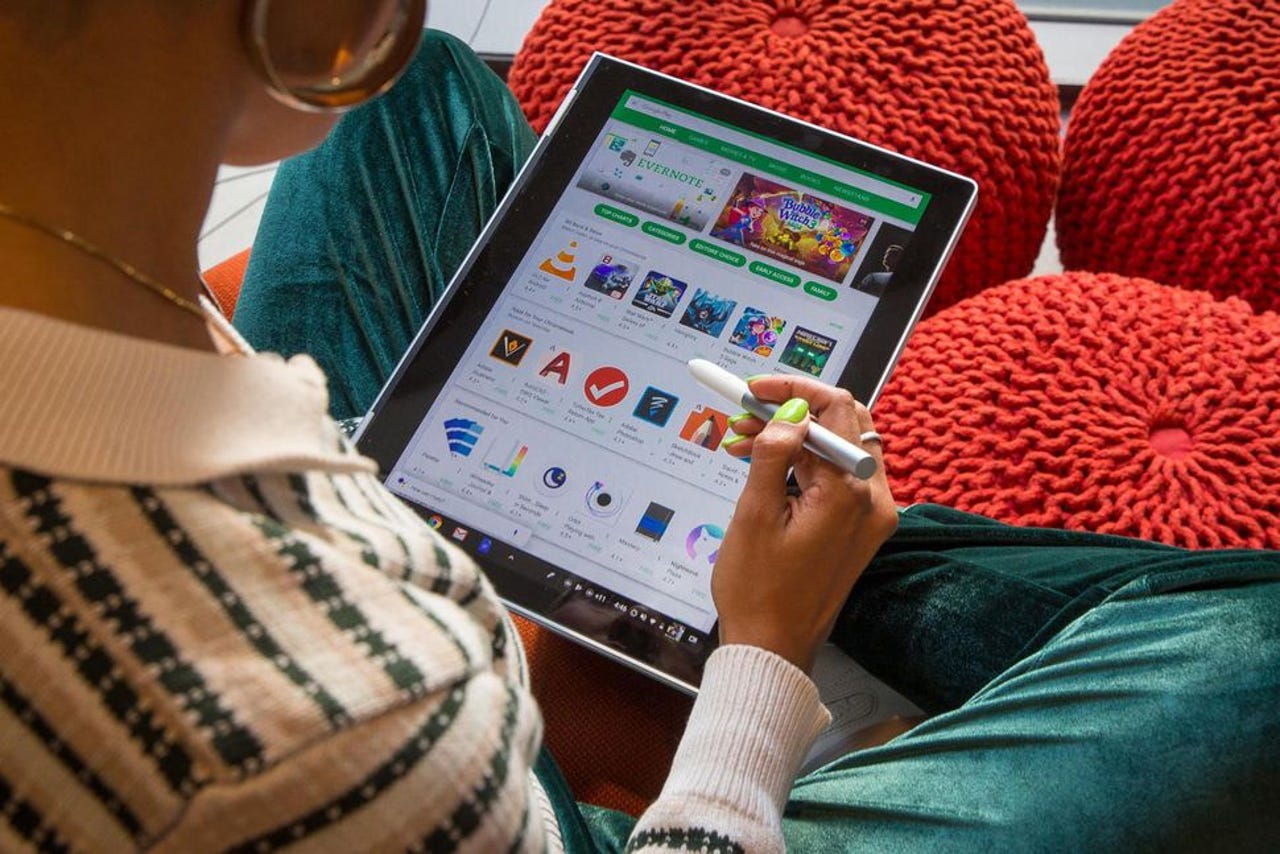Want to try Google's new Fuchsia OS? Now it's available on Pixelbook

The Pixelbook is a new addition to the hardware that can run Google's Fuchsia.
Developers can now test out Google's mysterious Fuchsia operating system on its high-end Pixelbook.
Google has been developing the new Fuchsia OS in the open for the past year, which has caused intrigue because it hasn't explained what the Linux-free system is for, and whether Fuchsia could in future replace for Chrome OS or Android.
Featured
Google has now released the tools needed for developers to install Fuchsia on a Pixelbook, its Chrome OS-powered laptop.
As Google notes in Fuchsia's installation guide, the new OS can also run on the Acer Switch 12 and Intel NUC. This hardware was supported from the beginning but the Pixelbook is a new addition. Fuchsia developers were also aiming for it to run on a Raspberry Pi 3.
Previously, developers have released Fuchsia's Android-like Armadillo system user interface, but according to the notes, there's currently no way to install the OS on ARM-based "targets".
The install process seems complicated. Called 'paving', it relies on two machines. One machine, like the Pixelbook, acts as the target and runs Fuchsia while a second machine serves as a host where Fuchsia is built with install media and from which the operating system is streamed to the target.
The document recommends creating the install media on a USB drive, which prepares the host for the paving process. There are different procedures for UEFI-based systems such as the Acer Switch 12 and the Pixelbook.
After paving is completed, the target system should boot in Fuchsia's Zircon kernel rather than the Linux kernel.
Though Zircon is based on the IoT-focused Little Kernel, it's designed for larger memory devices with faster processors such as smartphones and PCs.
Previous and related coverage
Google waves goodbye to Linux for new IoT OS Fuchsia - coming soon to Raspberry Pi
Google is building a new operating system and kernel to run low-power and fully-featured devices for the internet.
Google's mysterious Fuchsia OS gets Apple Swift language support
And Google allays concerns that it is forking Apple's popular Swift programming language.
Google's no-Linux Fuchsia: Now you can see what the new OS looks like
Google's under-development Fuchsia OS carries over some concepts from Android but offers a new take on apps.
Read more on Google
- Google's masterplan to foster LatAm tech startups in 2018
- Google kills Pixel C tablet, points customers to Pixelbook
- Amazon versus Google: When ecosystems collide
- These are Google Android 8.1's five best features
- Google Home Max: Big and loud
- Google Home Mini spied on user 'thousands of times a day,' sent recordings to Google (TechRepublic)
- The complete list of Google Home commands so far (CNET)
